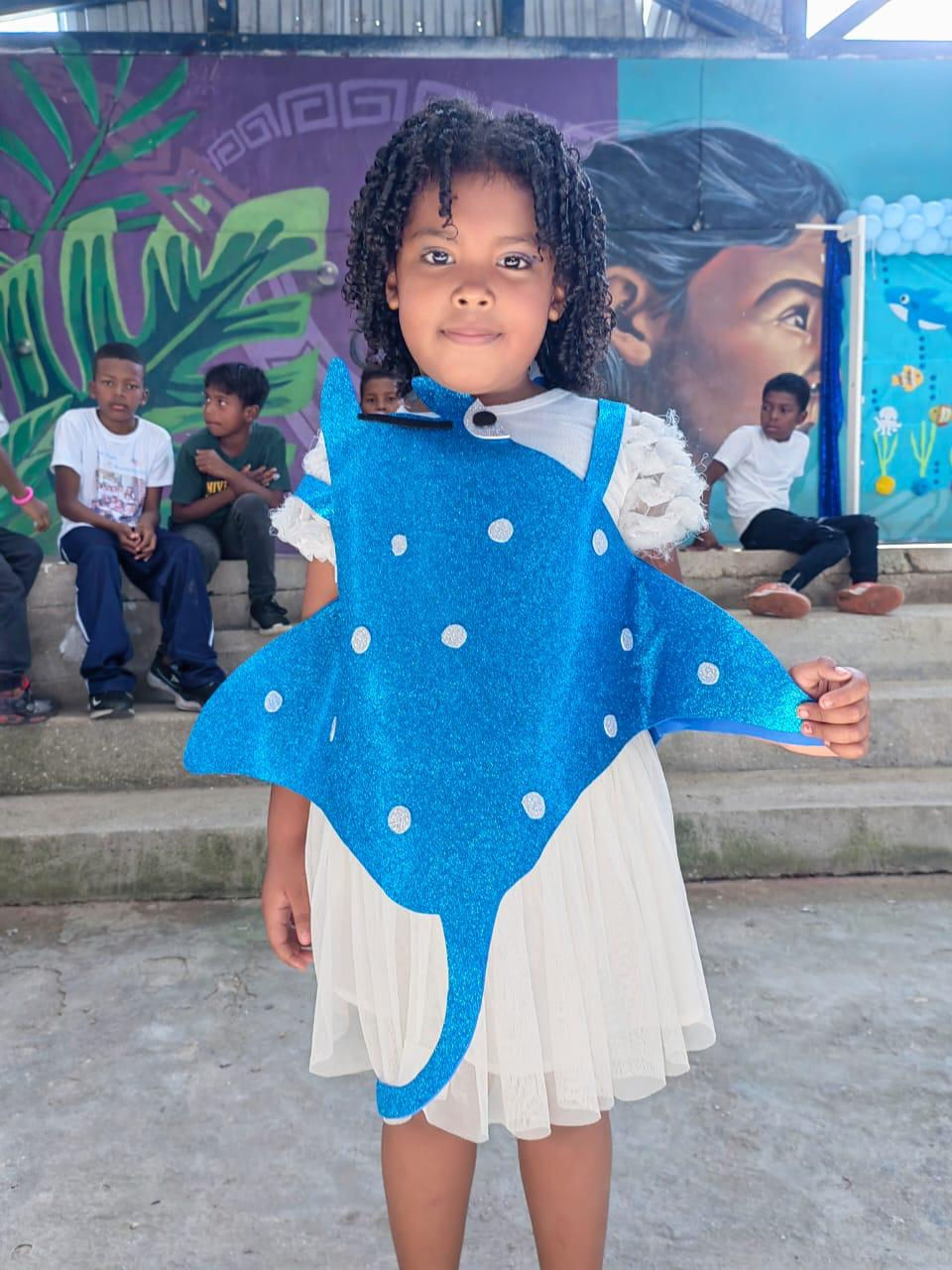Honduras a Shark Sanctuary Paradox
- ilili Team

- Jun 29, 2025
- 2 min read
Updated: Jul 1, 2025
Imagine showing up to work one day and being told your line of work is now illegal and you can not do this work anymore? This is exactly what happened in 2011, when Honduras declared all of their territorial waters a shark sanctuary. Suddenly, indigenous Miskito fishers who had fished for sharks traditionally to supply the demand for dry fillets known as cecina, were no longer allowed to fish.
Please don't get us wrong, Shark Sanctuaries are great conservation tools when implemented correctly. They have the potential to protect vulnerable species, critical habitats, and send a strong message of national commitment to ocean conservation. However, their effectiveness depends on more than just drawing lines on a map. Strong enforcement, and community buy-in are essential to ensure these sanctuaries truly serve their purpose. Without these, even well-intentioned sanctuaries risk falling short offering symbolic protection without delivering real impact for the sharks they aim to safeguard.


This is the case for Honduras, where the Shark Sanctuary Legislation, was met with severe resistance since its inception. In 2016, the Government decided to amend the legislation to allow “incidental captures to be commercialized”. However, within the legislation incidental captures were defined as an indefinite number of sharks. This significantly complicated the situation and made enforcement more difficult. To this day, fishers continue getting their incidental captures seized with several ending in jail, further putting strain on the relationships between the Fisheries Department and Miskito Fishers. Additionally, sharks continue to be caught illegally and incidentally in the months before lent. You can read more about this in our previous blog here.
We have spent the last years solidifying our relationships with both Miskito Shark Fishers and the Fisheries Department. This year we have accomplished some serious milestones to repair the long-standing disconnect between communities and conservation efforts. Jointly with the Fisheries Department we have reactivated the National Shark Working Group, an interinstitutional committee tasked with the revision of the 2016 legislation. The biggest accomplishment has been thanks to the Wildlife Conservation Society, and the Fisheries Department. We have all allied to begin the process of revising the law, defining incidental captures and crafting a road map for better management of artisanal fishers. In June, we hosted two workshops with fisher in the Moskitia for the first step of this process.
Conservation is not a cookie cutter! Shark sanctuaries and blanket bans may seem like silver-bullet solutions, but conservation is rarely that simple. Recent research from Colombia, highlights the unintended consequences of top-down bans that fail to consider the socio-economic realities of small-scale fishers. In some cases, well-meaning policies can drive shark fishing underground, reduce trust, and criminalize historically marginalized communities.
At ilili, we believe that shark conservation must be built with people, not imposed on them. That’s why we’ve spent years building relationships with Miskito fishers and the Honduran Fisheries Department, working together to understand local realities, improve data, and co-design management strategies that are both ecologically effective and socially just.
JOIN OUR EFFORTS!
Your donation is so valuable to the conservation of our
marine ecosystems and key inhabitants.








Comments